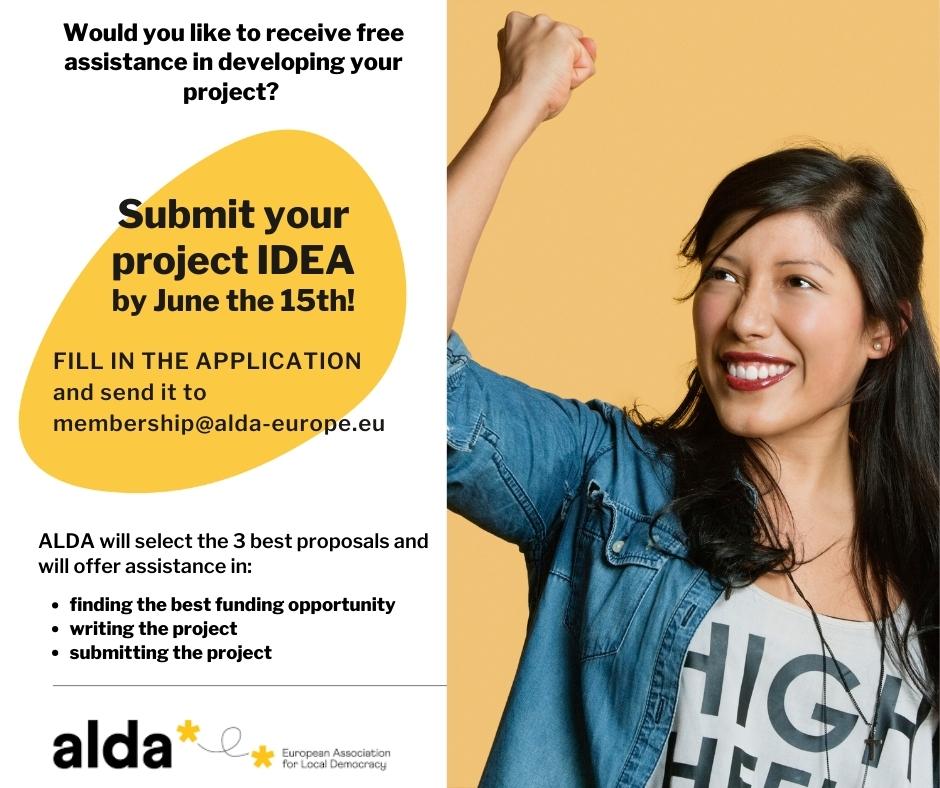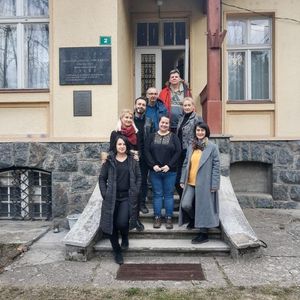Confirm your participation: register to the ALDA General Assembly 2022
We are glad to announce that the Ordinary Annual General Assembly of ALDA will take place on May 6th, 2022, in Strasbourg, within the framework of the Strasbourg Summit. The event will gather ALDA colleagues, its Governing Board, members and friends, to share the results and achievements of the Association while discussing future steps and strategies.
Considering the recents events, such as the ongoing war in Ukraine, it comes with itself that the commitment of ALDA in supporting the culture of dialogue, empowerment of local communities and fostering of good governance does play an important role in promoting peace and democracy.
The latter, not only is the guiding light of the Association, but is also one of the ten key topics at the centre of the Conference on the Future of Europe (CoFoE) in which ALDA has been deeply involved, through multiple projects, but also as coordinator of the Democracy cluster of the “Civil Society Convention on the Conference on the Future of Europe”.
Confirm your participation: register to the ALDA General Assembly 2022
Specifically, coming towards the end of the CoFoE, Civil Society Organisations will gather together at the Strasbourg Summit, willing to raise attention to people’s needs, hopes and expectations. The idea behind the summit is, thus, to make citizens’ voice heard, while empowering them.
ALDA General Assembly 2022 will envisage several side events on the topic of awareness raising on democratic governance. More in depth, it will be based on three main pillars: migration, climate and education which will be tackled within the projects EPIC, Climate of Change and GEM-IN respectively.
Overall, by this annual meeting, ALDA will further develop its actions, stressing its dedication to build a more peaceful and resilient environment, by building bridges and partnerships with other stakeholders and realities.
🔏 Register to the General Assembly
📄 Take a look at the Agenda
***
***


